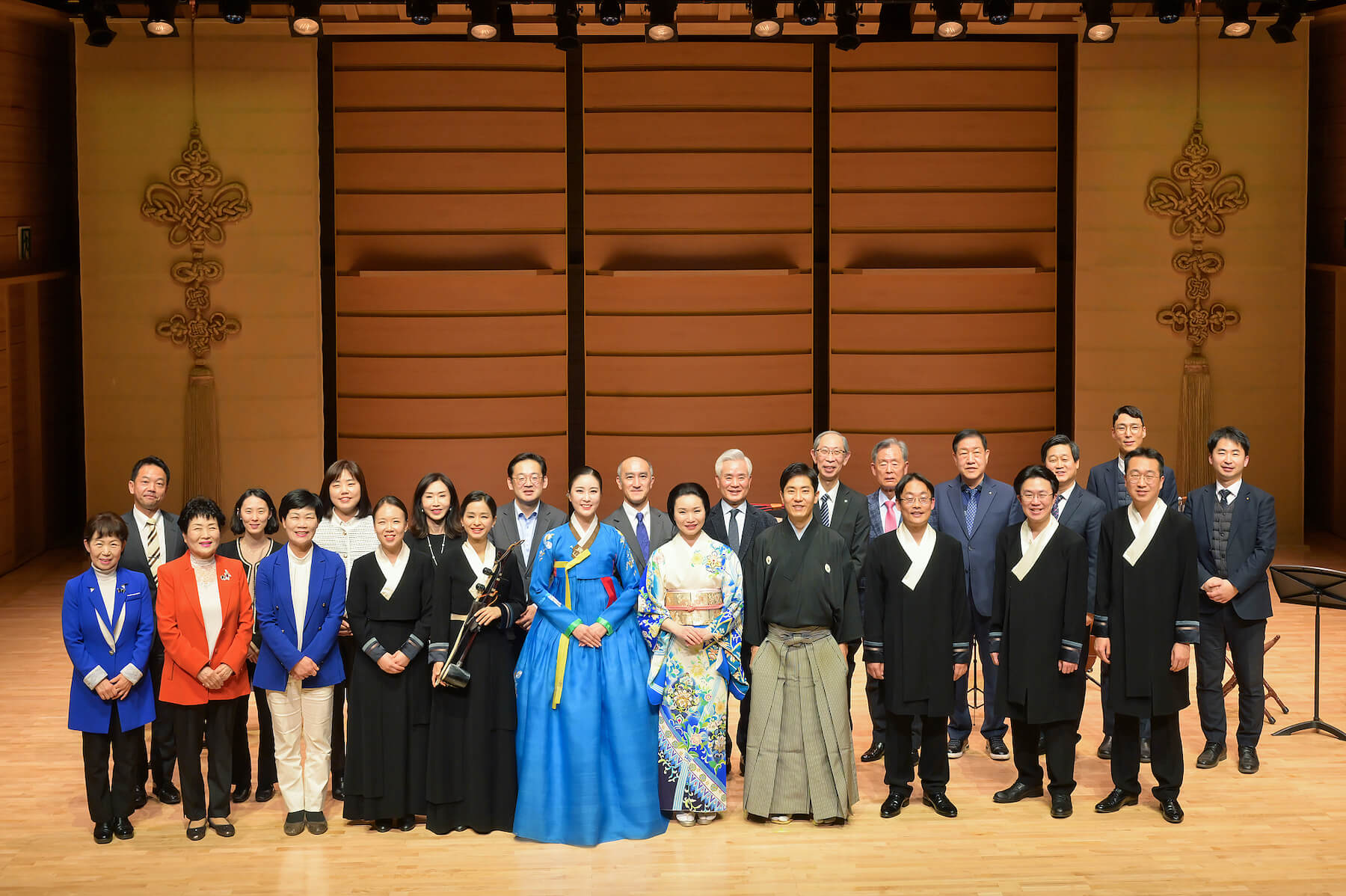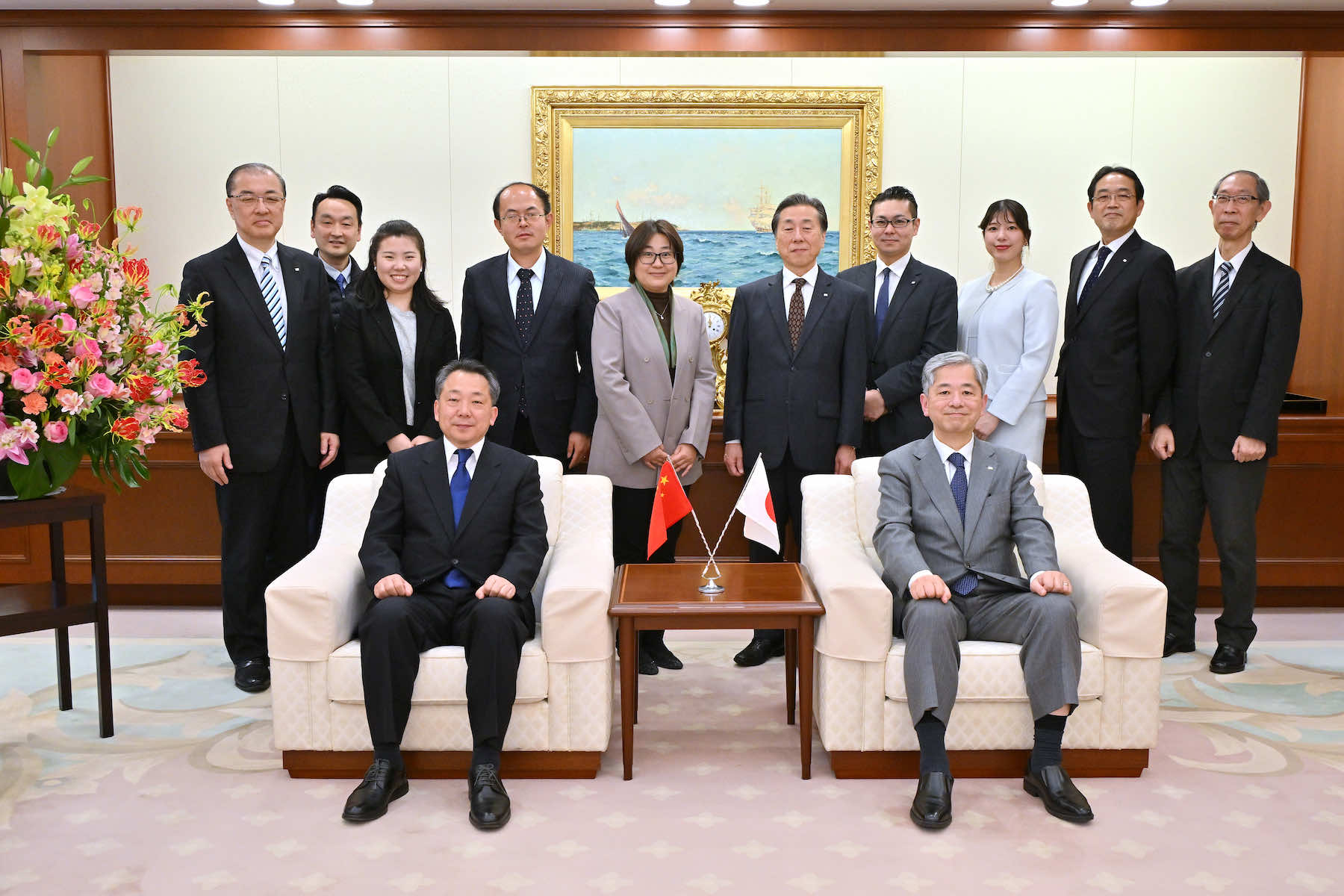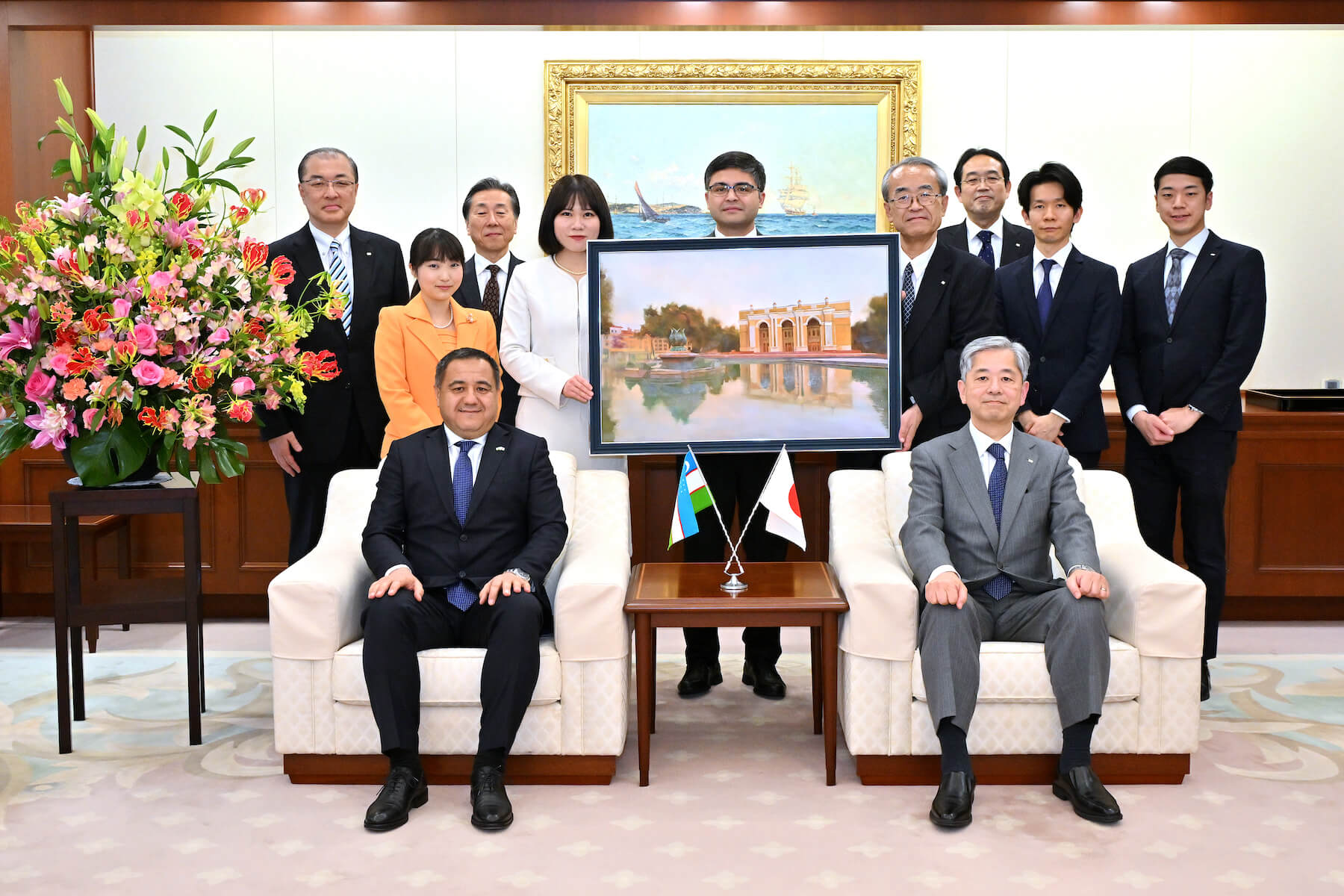“I’m not interested in having an orchestra sound like itself. I want it to sound like the composer.”
— Leonard Bernstein
Orchestras are instrumental ensembles that typically contain sections of string, brass, woodwind, and percussion instruments, and which usually play classical or chamber music. The modern orchestra started to take shape around the middle of the 17th century, and grew in size throughout the 18th and 19th centuries. Gradually, composers began to write music with parts for specific instruments and to be more adventurous about combining instruments to get different sounds and tonal colors. A smaller-sized orchestra of around 50 players or fewer is called a chamber orchestra, while a full-size orchestra of about 80 to 100 players is often called a symphony or philharmonic orchestra.
Min-On has hosted a great number of classical music performances, dating back to its inaugural concert at the Bunkyo Kokaido in Tokyo on October 18, 1963, which featured a chorus, a musical ensemble and performances by a leading violinist and cellist. There have also been several regular concert series: the Min-On Subscription Concert Series dates back to the early days of the Association, with a series of exchanges from 1966 with Jeunessses Musicales de France (JMF), beginning with a memorable piano recital by Cécil Ousset. In 1969, the Orchestral Series was inaugurated with a performance by the Los Angeles Philharmonic Orchestra conducted by Zubin Mehta.
In the 1980s, the Chamber Music Series was initiated with a performance by Canadian Brass, followed by the Boston Symphony Chamber Players, Kronos Quartet, and other leading names. The Min-On Subscription Concert series has proven particularly popular with Japanese audiences, and continues to this day.
Orchestral Series
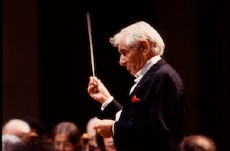 Leonard Bernstein and the Israel Philharmonic Orchestra in 1985
Leonard Bernstein and the Israel Philharmonic Orchestra in 1985 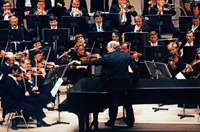 USSR Ministry of Culture Symphony Orchestra in 1985
USSR Ministry of Culture Symphony Orchestra in 1985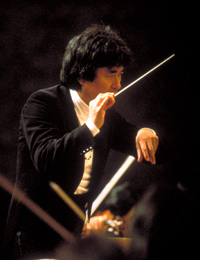 Seiji Ozawa
Seiji Ozawa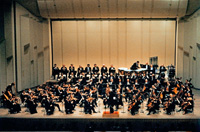 The Bruno State Philharmonic Orchestra
The Bruno State Philharmonic Orchestra
| 1969 | Zubin Mehta and Los Angels Philharmonic Orchestra |
|---|---|
| 1975 | André Previn and the London Symphony Orchestra |
| 1978 | Andrew Davis and Toronto Symphony |
| 1980 | Hiroshi Wakasugi and Das Kolner Rundfunk-Sinfonie-Orchester |
| 1982 | Frantisek Jireck, Petr Bronsky and the Bruno State Philharmonic Orchestra |
| 1985 | Leonard Bernstein and the Israel Philharmonic Orchestra |
| 1986 | Gennadji Rozhdestvensky and U.S.S.R. Ministry of Culture Symphony Orchestra |
| 1989 | Herbert Kegel and Dresden Philharmonic |
| 1990 | Hiroshi Wakasugi and Tonhalle Orchestra Zürich |
| 1992 | Zdenek Macal and Milwaukee Symphony Orchestra |
| 1994 | Junichi Hirokami and Norrkoping Orchestra |
| 1995 | The Orchestra of the Tchaikovsky Central Special Musical School of the Moscow State Conservatorium |
| 1996 | Jerzy Swoboba and the Silesian Philharmonic |
| 1997 | Central Radio Orchestra of China in 1997 |
| 2001 | Myung-Whun Chung and Asia Philharmonic Orchestra |
| 2001 | Sir Roger Norrington and SWR stuttgart Radio-Symphony Orchestra |
| 2002 | Wiener Strauss Capelle |
| 2003 2004 2006 2007 2011 |
Wiener Operettenorchester |
Chamber Music Series
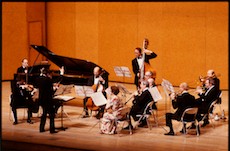 Boston Symphony Chamber Players in 1987
Boston Symphony Chamber Players in 1987 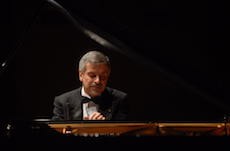 Amaral Viera in 1994
Amaral Viera in 1994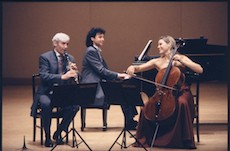 Trio Festivo
Trio Festivo
| 1980 | Canadian Brass |
|---|---|
| 1987 | Boston Symphony Chamber Players |
| 1989 | Brodsky String Quartet |
| 1989 | Kronos Quartet |
| 1992 | Davos International Music Festival Ensemble |
| 1993 | Hungary Gypsy Ensemble |
| 1994 | Wiener Waltz Ensemble |
| 1995 | Trio Festivo |
| 1995 | Polish Ensemble |
| 1996 | Le Nouvel Ensemble Moderne |
| 1998 2003 2004 |
St. Petersburg Camerata of the Orchestra of the State Hermitage Museum |
| 2003 | Camerata Lysy Gstaad of the International Menuhin Music Academy |


